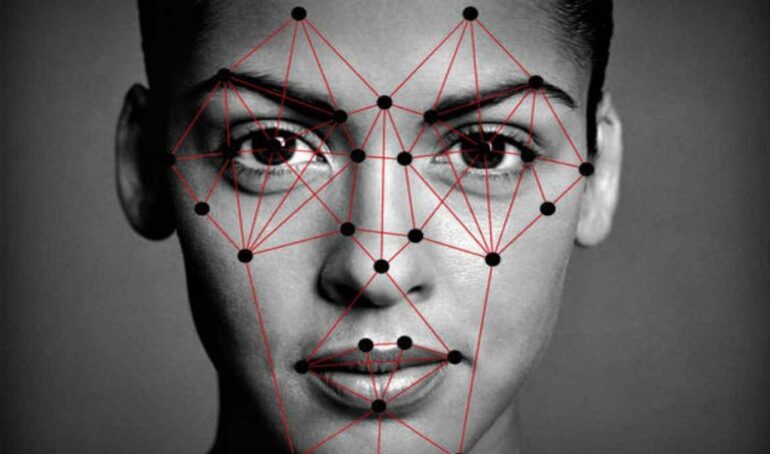- MoodCapture, developed by Dartmouth researchers, utilizes AI and facial-image processing to detect early signs of depression via smartphone cameras.
- Achieved a 75% accuracy rate in identifying depression symptoms in a study involving 177 individuals diagnosed with major depressive disorder.
- Applicable findings published on arXiv preprint database and slated for presentation at CHI 2024 conference.
- MoodCapture’s seamless integration into daily smartphone use holds promise for widespread adoption and accessibility within five years.
- Offers proactive mental health support by analyzing subtle facial cues and environmental factors indicative of depression.
Main AI News:
Cutting-edge technology is reshaping the landscape of mental health assessment with the advent of MoodCapture, a pioneering smartphone application developed by Dartmouth researchers. Leveraging artificial intelligence (AI) in tandem with facial-image processing software, MoodCapture demonstrates unprecedented potential in detecting early signs of depression, often before individuals are aware of their own symptoms.
The groundbreaking app utilizes the front camera of smartphones to capture users’ facial expressions and surroundings during regular phone usage. Through sophisticated algorithms, MoodCapture analyzes these images for clinical indicators associated with depression, marking a significant advancement in passive mental health monitoring.
In a recent study involving 177 individuals diagnosed with major depressive disorder, MoodCapture exhibited an impressive 75% accuracy rate in identifying early symptoms of depression. These promising results indicate a promising future for the technology, potentially making it accessible to the public within the next five years.
Published findings on the arXiv preprint database and slated for presentation at the esteemed Association of Computing Machinery’s CHI 2024 conference, MoodCapture has already garnered significant attention for its innovative approach to mental health assessment.
Andrew Campbell, the Albert Bradley 1915 Third Century Professor of Computer Science and lead author of the study, emphasizes the transformative potential of MoodCapture. Drawing parallels with facial recognition technology used for unlocking smartphones, Campbell underscores the seamless integration of AI into everyday life.
The core concept behind MoodCapture lies in its ability to analyze subtle facial cues and environmental factors indicative of depression. By continuously processing real-time images captured during phone use, the app’s AI model establishes personalized profiles for users, enabling early intervention and support.
Nicholas Jacobson, assistant professor of biomedical data science and psychiatry at Dartmouth, emphasizes the importance of capturing the dynamic nature of depression symptoms. MoodCapture, he suggests, could bridge the gap between individuals’ need for timely intervention and the limited access to mental health resources.
Jacobson envisions MoodCapture as a proactive tool, offering preventive measures and support tailored to users’ evolving mental states. By leveraging facial expressions as vital signals of emotional well-being, the app represents a significant step forward in the intersection of technology and mental health care.
Looking ahead, the research team aims to enhance MoodCapture’s accuracy and privacy measures while expanding its user base to encompass diverse demographics. With continued refinement and development, MoodCapture holds the promise of revolutionizing mental health assessment and intervention on a global scale.
Conclusion:
The emergence of MoodCapture represents a significant breakthrough in mental health assessment, with implications for both individuals and the broader market. As technology continues to play an increasingly pivotal role in healthcare, the app’s innovative approach holds the potential to revolutionize how depression is detected and addressed on a global scale. Businesses in the healthcare and technology sectors should closely monitor developments in this space to capitalize on emerging opportunities for innovation and growth.

